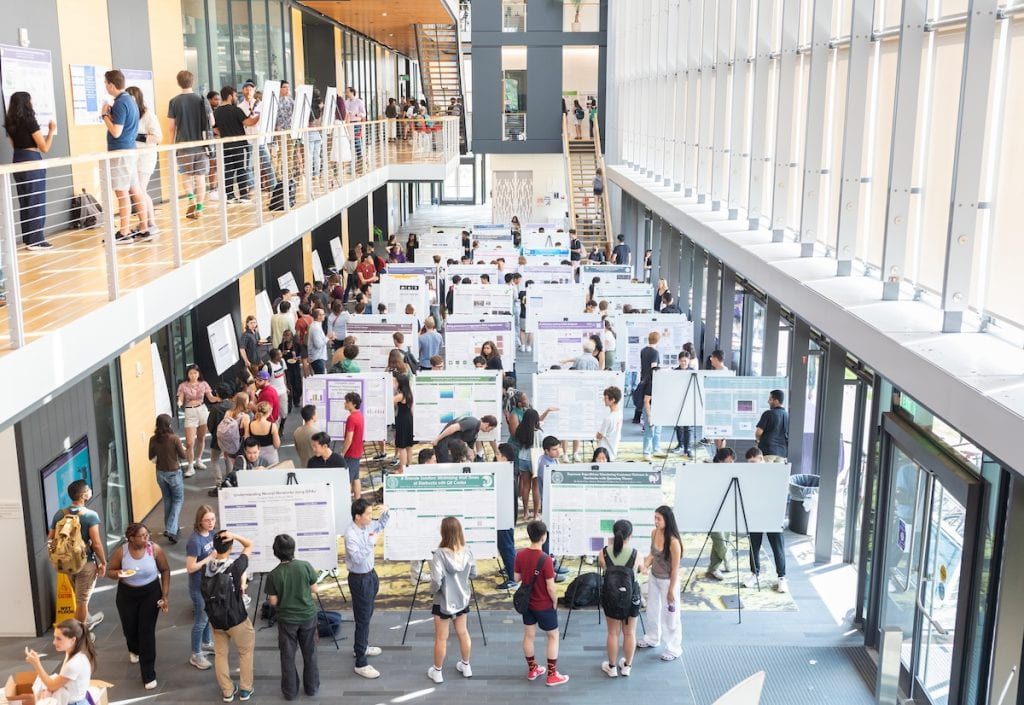Students looking into Amherst College may notice how much the college emphasizes its commitment to diversity and inclusion. As a current college student, I am still reminded daily of this commitment, especially through academics. As I mentioned in last year’s post about intersectionality at Amherst, tons of courses at Amherst address socio-political issues and different identities at Amherst, and I figured it might be helpful to dive into more specific examples of how diversity is a persistent topic of discussion across all aspects of academics.
Starting with humanities classes, the subject area that most people understand how diversity factors in, all the humanities classes I’ve taken are usually centered around uplifting marginalized identities and examining changes in power structure over history. This was a very prevalent theme for my History of Race and Gender in Comics class as each of the comic books we read related to the history of one specific type of identity; for example, the X-Men comic we read was related to how the AIDs epidemic was portrayed and stigmatized in the United States.
Next, though I haven’t taken many purely STEM courses, the ones I’ve taken have included DEI talk in lectures. For example, in my Introduction to Statistical Modeling course, we examined the scenarios involving medical inequities by race and gender/sex and applied statistics to understand how underserved populations are affected by medical discrimination. In my psychology courses, I’ve often been able to apply the concepts I learn to a final project that somehow upholds an aspect of DEI. For one of my projects in my Introduction to Psychology course, I applied the concepts of memory and memorization devices that we learned in class to create a website and guide to help people memorize and understand how to use pronouns to support gender-diverse people.
Diversity even factors into how I’ve studied economics. The two economics electives I’ve taken, Antiracist Antieconomics and Inequality in the U.S., addressed how racial and socioeconomic inequities regarding access to educational and job opportunities create inequality and uphold systems of power. These considerations were important for studying economics because while it’s important to understand economic theory, it’s equally important to understand flaws with our current economic system and how we can work to fix them. Thus, students at Amherst get a holistic understanding of their subject of interest while also gaining a deep understanding of the world around us.
